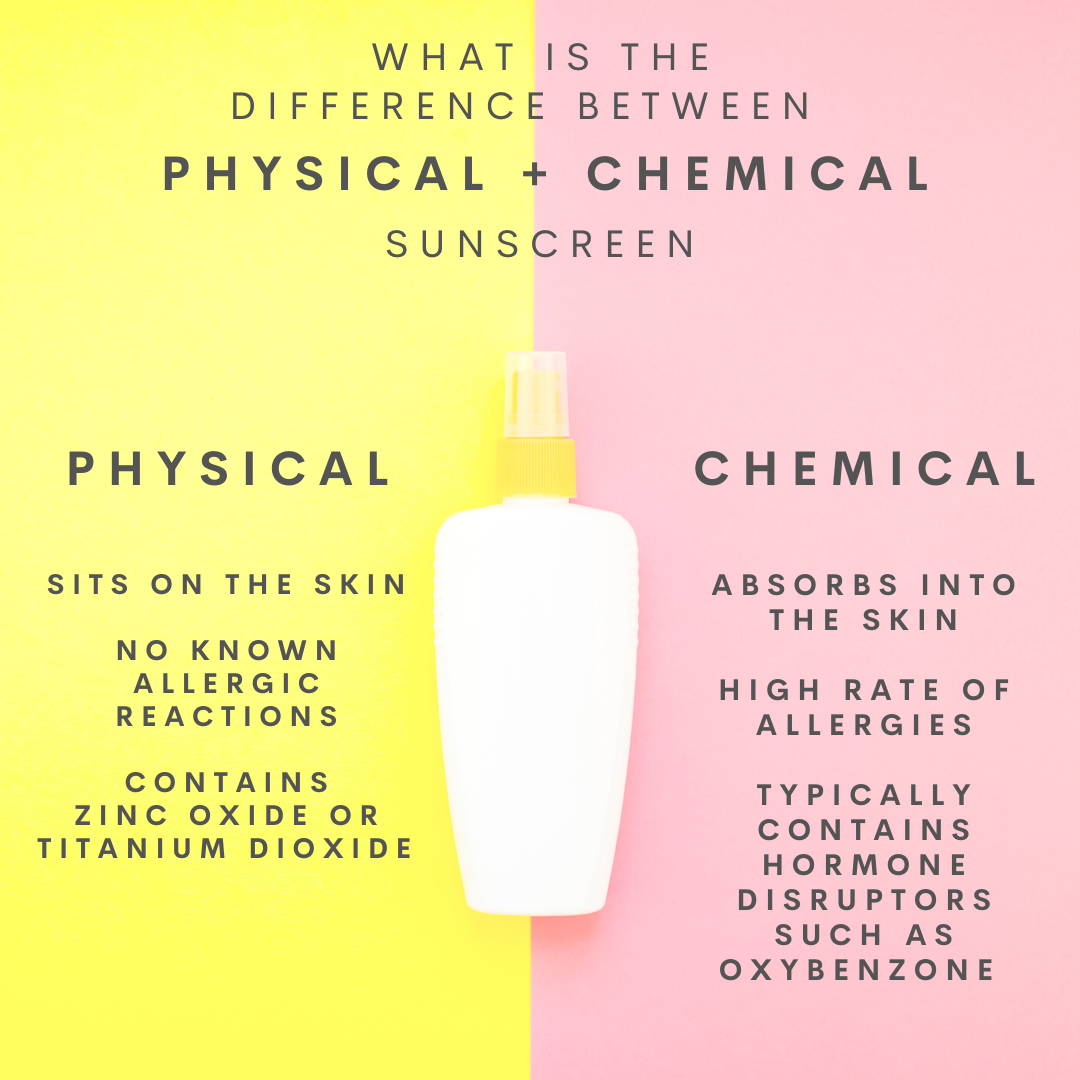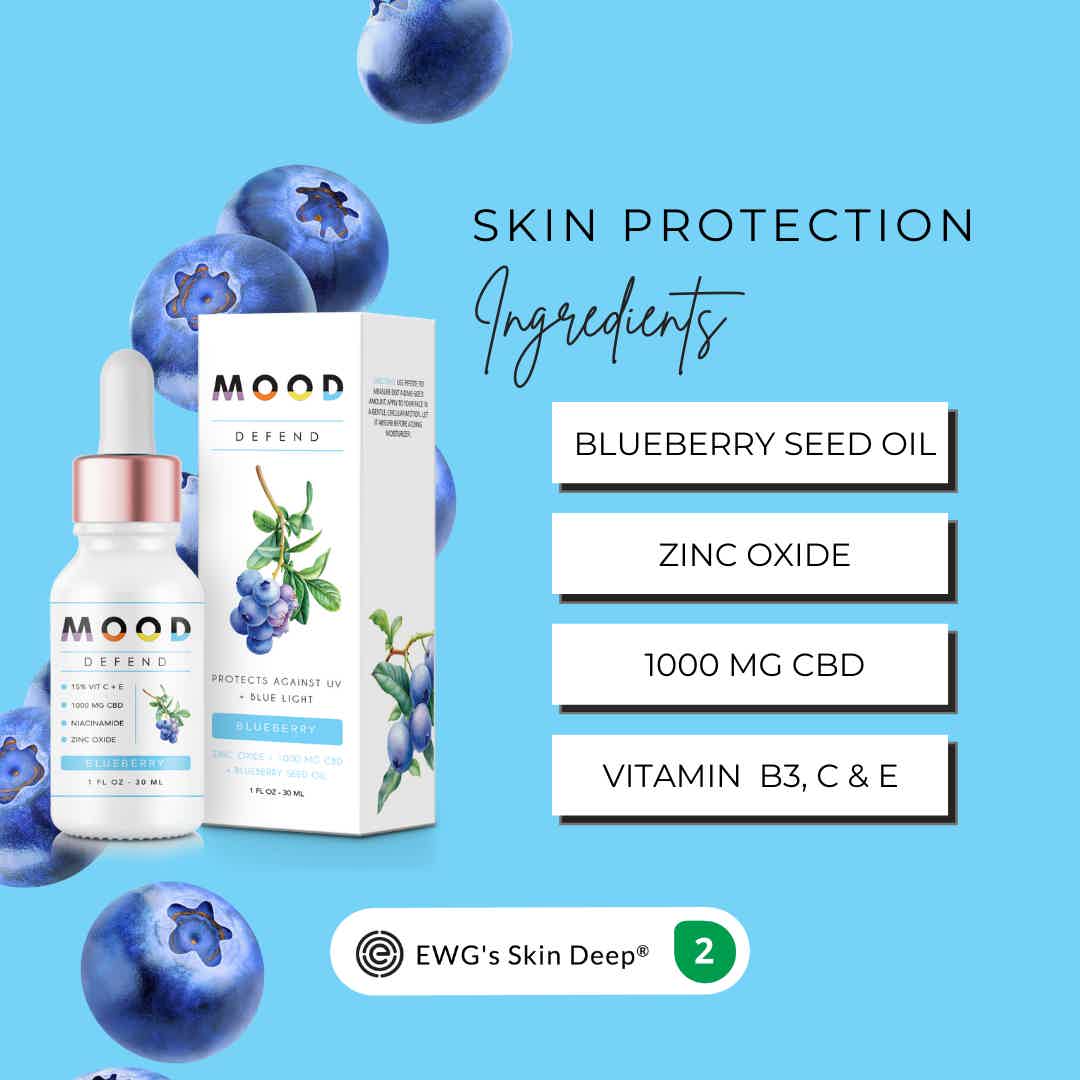Why Skin Experts Recommend Mineral Sunscreens Over Chemical Ones
Many of us enjoy spending our days outside in the sun. Unfortunately, the sun can damage your skin, causing burns, blisters, and even skin cancer. In honor of July being UV Awareness Month, we want to highlight the importance of sunscreen and make sure you know your options!
Skin cancer is the most frequent type of cancer in the United States, according to the American Academy of Dermatology (AAD), with about 20 Americans dying from melanoma — the most serious type of skin cancer — every day. What is the leading cause of melanoma? Exposure to ultraviolet (UV) light, which includes both natural and artificial sources such as tanning beds and the sun's rays.
But which sunscreen should you use? With much recent controversy regarding chemical sunscreen ingredients and their possible toxicity, one statement remains true: any sunscreen is better than none!
However, we find that - when given the choice - cleaner ingredients are best. Skin experts agree. Mineral sunscreens, unlike chemical ones, do not enter the blood stream but instead remain atop skin to block UV rays. Along with no reported toxicity, mineral sunscreens are suitable for a wide range of individuals, including babies, children, pregnant women, and those with sensitive or acne-prone skin. Let’s dive into the differences.
What Is Mineral Sunscreen and How Does It Work?
GOT BLUE LIGHT PROTECTION FOR YOUR SKIN?
What Is the Difference Between Chemical And Mineral Sunscreen?

PRODUCTS THAT PROTECT FROM
and REPAIR UV DAMAGE
Do Mineral Sunscreens Have a Better Safety Record Than Chemical Sunscreens?
Mineral Sunscreen Without White Cast
So why doesn't everyone use mineral sunscreen then?
The biggest complaint - and misconception - about mineral sunscreen is the white cast that it leaves behind.
MOOD DEFEND Daily Mineral Sunscreen Serum contains Zinc Oxide and goes on clear!
It also contains other skin-protecting ingredients including Blueberry Seed Oil which offers blue light protection.
*These statements are found to be accurate as of the time this blog is published.
Except where otherwise indicated, statements regarding products have not been evaluated by the Food and Drug Administration. This product is not intended to diagnose, treat, cure, or prevent any disease.

